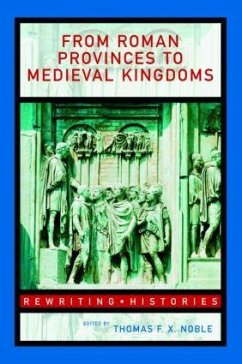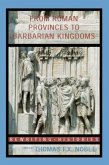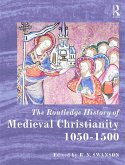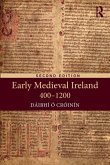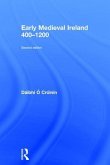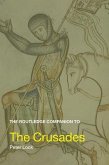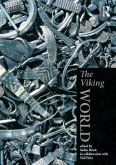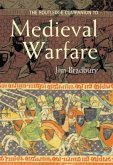This prestigious collection of essays by leading scholars provides a thorough reassessment of the medieval era which questions how, when and why the Middle Ages began, and how abruptly the shift from the Roman Empire to Barbarian Europe happened.
Presenting the most current work including newly-available material such as translations of French and German essays, From Roman Provinces to Medieval Kingdoms gathers the key thinkers in the field together in one easy-to-use volume.
Examining a wealth of material on the origins of the Barbarian people and their tribes, Thomas F.X. Noble studies the characteristics of the tribes and debates whether they were blood-tied clans or units bound by social, political and economic objectives.
Highly readable and student friendly, From Roman Provinces to Medieval Kingdoms includes a general introduction, clear prologues to each section and makes the key debates of the subject accessible to students.
Presenting the most current work including newly-available material such as translations of French and German essays, From Roman Provinces to Medieval Kingdoms gathers the key thinkers in the field together in one easy-to-use volume.
Examining a wealth of material on the origins of the Barbarian people and their tribes, Thomas F.X. Noble studies the characteristics of the tribes and debates whether they were blood-tied clans or units bound by social, political and economic objectives.
Highly readable and student friendly, From Roman Provinces to Medieval Kingdoms includes a general introduction, clear prologues to each section and makes the key debates of the subject accessible to students.
'Noble's editorial interventions provide welcome assistance... Moreover, each essay, and each section of the book, is introduced succinctly by Noble, often with a set of questions that are designed to prompt critical reading... I have no doubt that the book will prove immensely useful... an excellent resource... [This book has] great value and broad appeal: anyone with a serious interest in how modern scholars engage with their past will learn much from Noble's superlative collection.' - Classics Ireland
'an excellent introductioon... this collection is to be commended.' - Journal of Medieval Archaeology
'an excellent introductioon... this collection is to be commended.' - Journal of Medieval Archaeology

